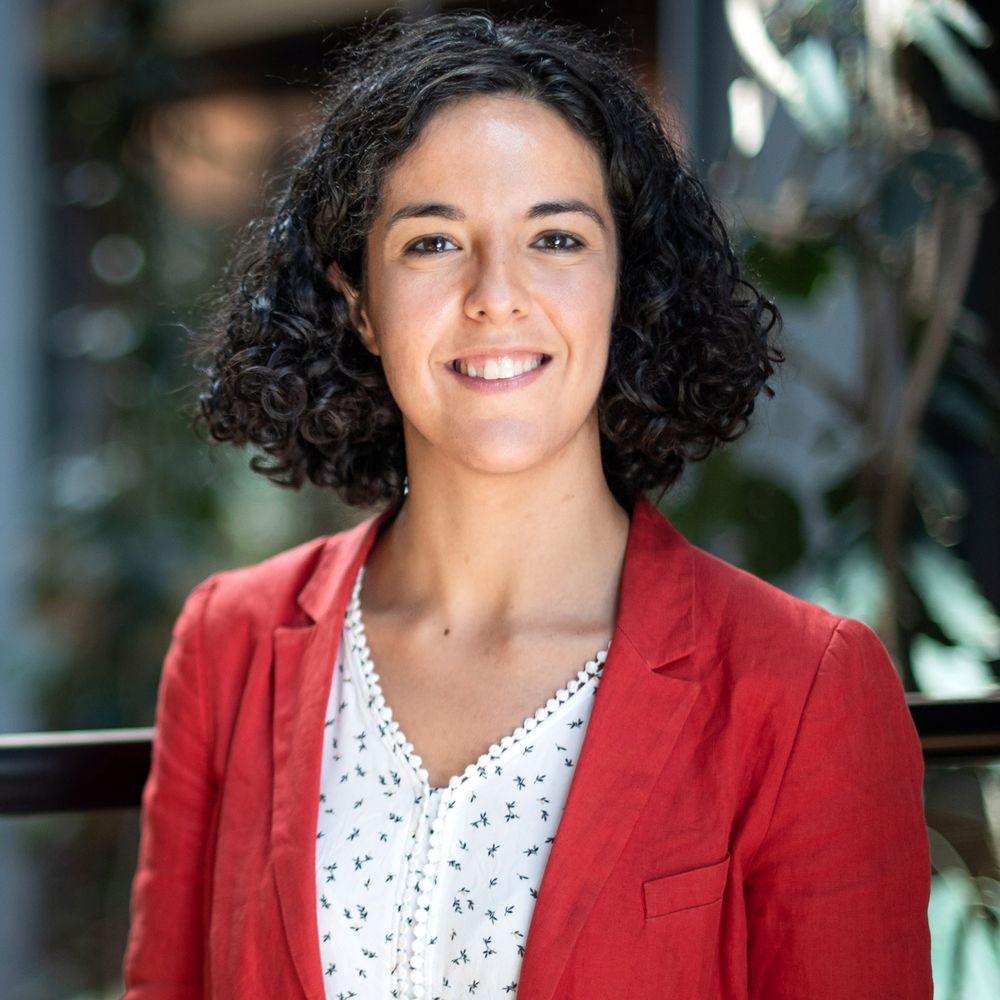Watch the full video with our guest, Manon Aubry, Co-President of the GUE/NGL group.
The Corona-virus has hit the EU unprepared, but in different ways and with different effects depending on the countries. Most tragic were the effects on those countries whose healthcare and social systems have been emaciated by decades of austerity policies. Thus, the pandemic has increased inequalities not only inside the states but also between the Member States of the EU. This presents the parties of the radical left with a challenge and calls for a re-examination of their strategies.
Interviewee
Manon Aubry. Together with Martin Schirdewan, Manon Aubry (France Insoumise, France) is the Co-President of the GUE/NGL group. Since May 2019, she is a Member of the European Parliament and the youngest ever person to be the co-leader of a political group in the EP. Prior to being elected as an MEP, Aubry worked as a spokesperson of Oxfam. She holds a degree in international affairs and human rights (Paris Institute of Political Studies).
Moderators:
Walter Baier, Austrian economist and former National Chairman of the Communist Party of Austria (KPÖ). He was an editor of the Austrian weekly Volksstimme and since 2007 he is the Political Coordinator of transform! europe.
Danai Koltsida, Greek lawyer and political scientist. Koltsida is currently the director of the Nicos Poulantzas Institute and member of the board of transform! europe. Her scientific interests include electoral behaviour, political representation and political personnel, electoral systems, local and regional government and constitutional and political history. She is member of SYRIZA.
The interview was held in English.
————————————
The events will be interactive – after an initial interview the audience will have an opportunity to ask questions of our guest.
The main focus of all discussions will be the impact of the pandemic on the economic, social, political, and cultural life of particular countries. We have seen that the EU’s failure to address the health crisis and provide support to the most affected states has changed the way the Union is perceived in parts of Europe. To what extent and with what consequences does this apply to the countries whose parties our interviewees represent? How can the left cope with the economic and social crisis and the recession that is very likely to come in its wake? How do the left parties connect their national strategies to global problems, in particular the influx of refugees and the answers urgently required by the global environmental crisis.
